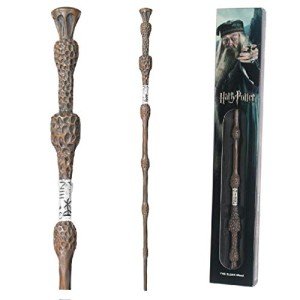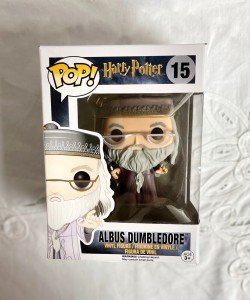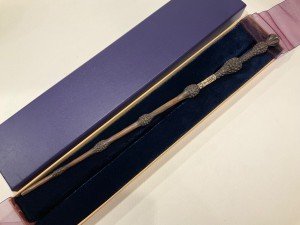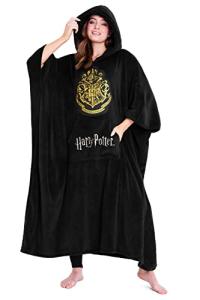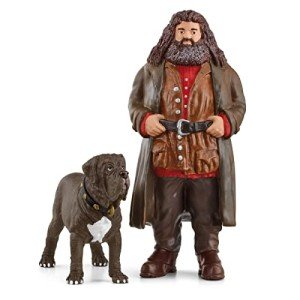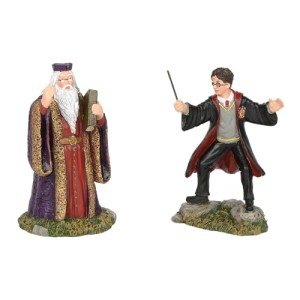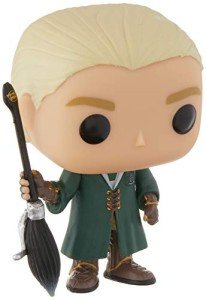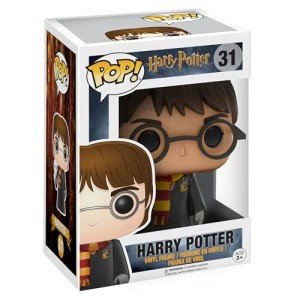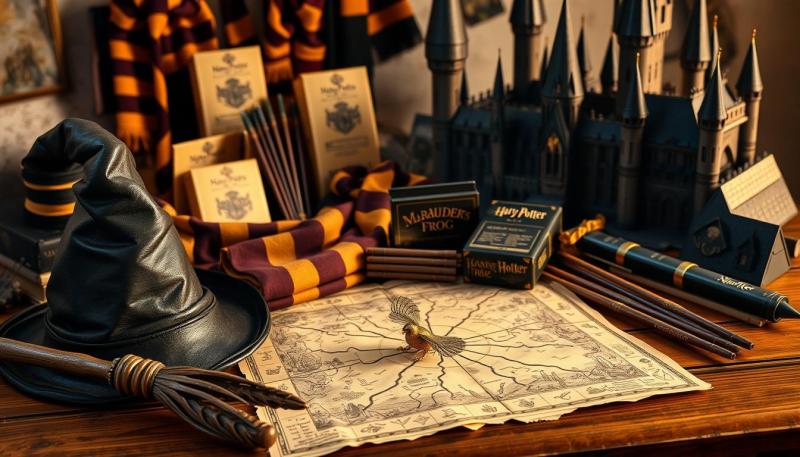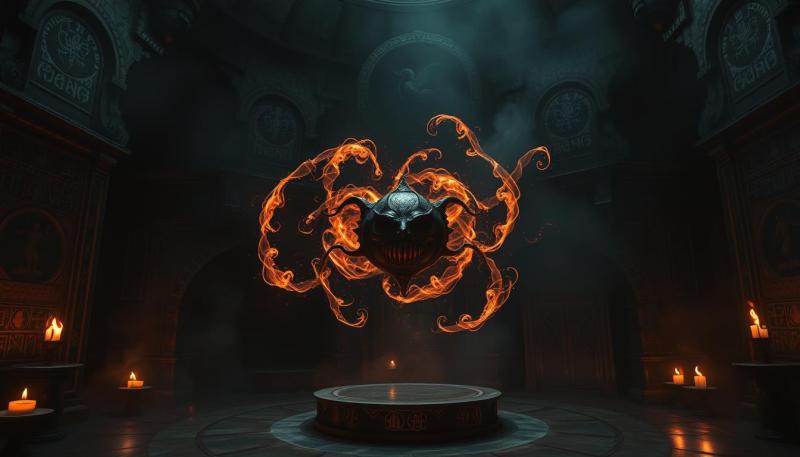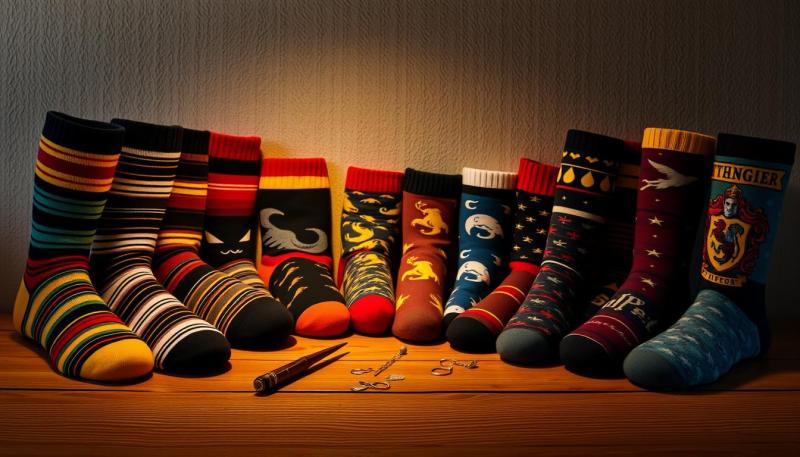Replacing an iconic character in a film series brings unique challenges, especially when the original actor has left such a strong impression. When Richard Harris passed away after playing Albus Dumbledore in the first two Harry Potter films, filmmakers faced a difficult decision. The casting team needed someone who could honor Harris's legacy while allowing the character to evolve as the stories grew darker and more complex.
Several legendary actors were considered for the role, each bringing different qualities to the table. Peter O'Toole, a lifelong friend of Harris, might have provided a fitting tribute but declined the emotionally challenging opportunity. Sir Ian McKellen was another possibility, but previous comments from Harris about McKellen's acting style created a complicated situation. Eventually, Michael Gambon secured the role, bringing his own interpretation rather than attempting to replicate Harris's performance. Later, Jude Law would add another dimension by portraying a younger, more playful Dumbledore in the Fantastic Beasts series.
Key Takeaways
- Replacing an established character requires balancing respect for the original portrayal while allowing for new interpretations.
- Actor relationships and industry dynamics can significantly influence major casting decisions beyond just talent considerations.
- Different acting approaches—from technical precision to emotional intuition—can create varied but equally compelling versions of the same character.
The Impact of Richard Harris's Passing on Dumbledore Casting
When Richard Harris died, the Harry Potter filmmakers faced a challenging decision. Who could possibly take over as Albus Dumbledore? Finding someone to fill those robes wasn't just about looks - they needed an actor who could capture the character's essence while allowing him to evolve through the increasingly complex later films.
Several notable actors were considered for the role. Peter O'Toole, Harris's lifelong friend, was approached in what would have been a touching tribute. However, he declined - likely due to the emotional weight of replacing his dear friend.
Sir Ian McKellen was another prominent candidate, but his situation had an interesting twist. Harris had previously criticized McKellen and others as "technically brilliant but passionless" actors. Despite disagreeing with this assessment, McKellen turned down the role out of respect for Harris's opinion, showing remarkable character.
The Gandalf Factor
Many wondered if audiences would accept McKellen as Dumbledore given his iconic role as Gandalf in The Lord of the Rings. This highlights a common Hollywood challenge - when actors become strongly associated with one famous character, it can be difficult for audiences to see them in similar roles.
Michael Gambon ultimately secured the role, bringing a completely different energy to Dumbledore. Unlike McKellen's more technical, classical approach from his Shakespearean background, Gambon:
- Created a more intense, forceful Dumbledore
- Didn't base his performance on Harris at all
- Brought a simmering intensity, especially in darker scenes
- Made the character more physically active
Remember that scene in Goblet of Fire when Dumbledore discovers Harry's name in the goblet? Gambon's anger and intensity were markedly different from Harris's gentler portrayal.
Years later, Jude Law would bring yet another dimension to the character as young Dumbledore in the Fantastic Beasts series, showing a more playful, flirtatious side while maintaining the character's brilliant mind.
Sean Connery was reportedly also considered for the role. His commanding presence might have created a more authoritative Dumbledore, though you might wonder if his strong personality and previous roles would have overshadowed the character.
Actors Who Could Have Played Dumbledore After Harris
Peter O'Toole's Friendship Connection
When Richard Harris passed away, the casting directors faced a challenging decision for Dumbledore's character. One of the first names considered was Peter O'Toole, Harris's lifelong friend. This potential casting would have been a meaningful tribute, allowing O'Toole to honor his friend's legacy while bringing his own acclaimed acting skills to Hogwarts.
The emotional weight of stepping into a deceased friend's role proved too heavy for O'Toole, though. You can imagine the mixed feelings he must have experienced—wanting to pay respect to Harris while knowing the inevitable comparisons that would follow. His decision to decline showed both personal sensitivity and professional awareness.
Dumbledore Wand in Windowed Box - Harry Potter
Bring a piece of magic into your home with this beautifully designed Dumbledore wand, perfect for collectors and fans alike
Product information
$43.39
Product Review Score
4.72 out of 5 stars
222 reviewsProduct links
Ian McKellen's Consideration and Decision
Ian McKellen, fresh from his success as Gandalf in The Lord of the Rings, was another major contender for the role. This potential casting raised interesting questions:
- Would audiences accept him as both Gandalf and Dumbledore?
- Could he bring something unique to distinguish the characters?
- Would it violate the unspoken Hollywood rule about playing multiple iconic characters in similar genres?
The situation became more complex due to past comments from Harris, who had once described McKellen as "technically brilliant but passionless." This criticism reflected different acting philosophies—Harris valued raw emotion while acknowledging McKellen's technical mastery.
In a remarkable show of character, McKellen ultimately declined the role out of respect for Harris's opinion. He felt uncomfortable accepting a part knowing the previous actor had expressed disapproval of his acting style. This decision demonstrated professional integrity while perhaps subtly disagreeing with Harris's assessment.
Michael Gambon's Interpretation
Michael Gambon ultimately secured the role and brought a distinctly different energy to Dumbledore. Unlike McKellen's potential Shakespearean approach, Gambon created a more forceful, intense Dumbledore, particularly evident in the darker later films.
Remember that scene in Goblet of Fire when he discovers Harry's name in the goblet? Gambon's Dumbledore displays a barely-contained rage that contrasts sharply with Harris's gentler portrayal. This intensity wasn't accidental—Gambon intentionally avoided basing his performance on Harris's work.
Gambon's approach was:
- More physically active and demonstrative
- Driven by intuitive emotional responses
- Powerful and commanding in moments of conflict
- Uniquely his own interpretation rather than an imitation
His decision to bring something fresh rather than mimic Harris proved successful, allowing the character to evolve as the series progressed into more complex territory. You can see how this choice aligned with the increasingly dark themes of the later films, where a more forceful Dumbledore seemed appropriate for the escalating dangers facing Hogwarts.
Learn more about the evolution of Dumbledore across the films
Funko Pop Movies: Harry Potter Action Figure - Dumbledore
Bring a touch of magic to your collection with this charming Dumbledore figurine straight from the wizarding world
Product information
$5.00
Product Review Score
4.87 out of 5 stars
8 reviewsProduct links
Acting Approaches and Performance Styles in Casting
Acting Technique vs. Emotional Delivery
When casting directors make their choices, they often weigh two distinct acting approaches. Some actors excel at technical precision—mastering vocal projection, physical presence, and calculated delivery. Others shine through raw emotional power and intuitive performances that feel spontaneous and natural.
This divide creates an interesting discussion in the acting world. You might notice how different actors tackle the same role with completely opposite methods, yet both can create compelling characters. This tension between technique and emotion becomes particularly visible when recasting iconic roles, as audiences see distinct interpretations side by side.
McKellen's Technical Mastery Approach
Sir Ian McKellen, known for his Shakespearean background, represents the more technique-driven approach to acting. His potential casting as Dumbledore after Richard Harris raises interesting questions about acting styles.
Harris had once described McKellen as "technically brilliant but passionless"—a comment that highlights their different acting philosophies. Despite disagreeing with this assessment, McKellen declined the Dumbledore role out of respect for Harris's opinion.
McKellen's approach to characters typically involves:
- Precise vocal control and projection
- Calculated physical movements
- Methodical character development
- Strong theatrical presence
This technical foundation doesn't mean his performances lack depth—rather, his skill comes from years of classical training and deliberate craft. McKellen's potential Dumbledore would likely have featured this polished, dignified quality that has defined many of his memorable roles.
Gambon's Intuition-Driven Performance
Michael Gambon, who ultimately took on the Dumbledore role, brought a distinctly different energy through his intuition-based approach. Rather than trying to replicate Harris's performance, Gambon made a bold choice to create something entirely fresh.
Gambon's Dumbledore showed:
- Greater intensity and emotional range
- More physical dynamism and energy
- Unexpected emotional outbursts (like his reaction in Goblet of Fire)
- A powerful, commanding presence
His performance relied less on technical precision and more on emotional instinct and spontaneity. You can see this in how his Dumbledore appears more unpredictable and forceful, especially as the series progressed into darker territory.
Gambon understood that simply mimicking Harris would do a disservice to the evolving character. His intuitive style allowed Dumbledore to develop alongside the increasingly complex narrative of the later films, giving you a wizard who felt genuinely capable of facing the mounting darkness.
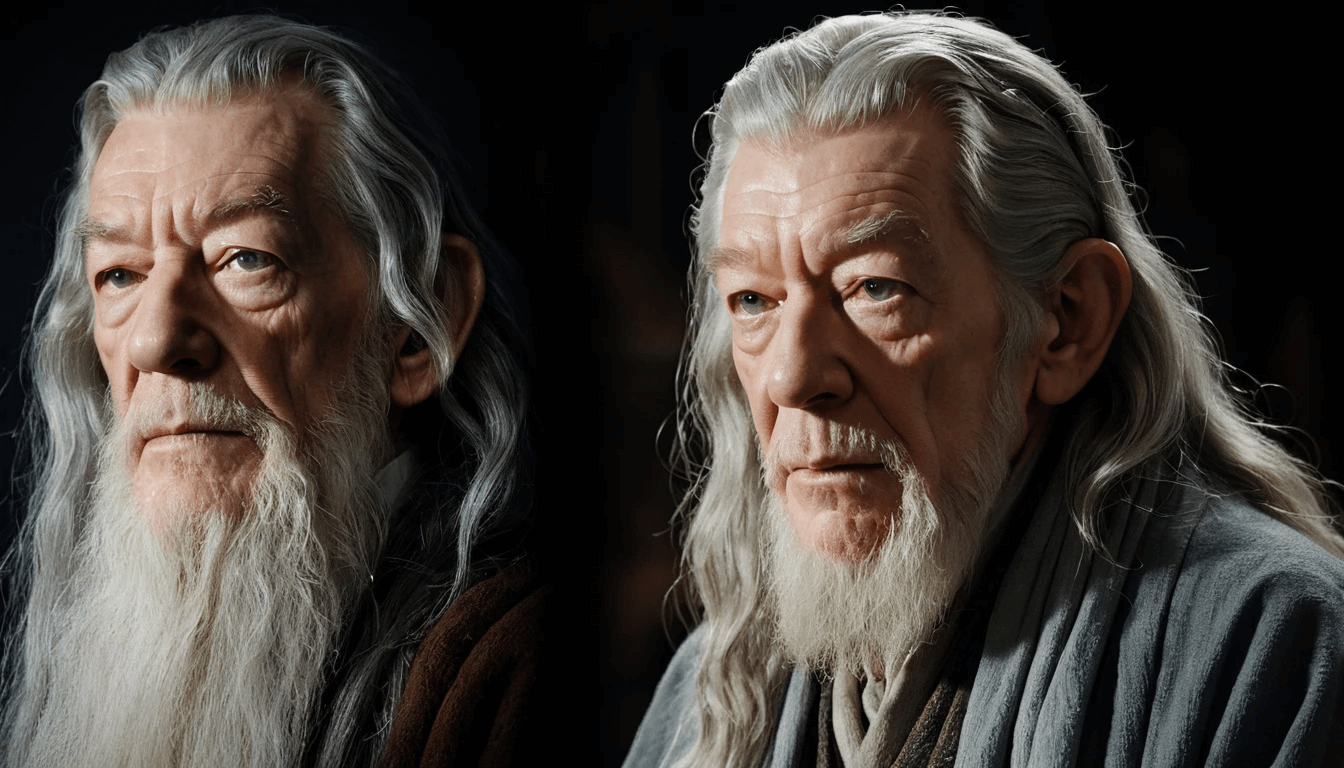
Dumbledore's Character Journey on Screen
The Intense Dumbledore in Goblet of Fire
Michael Gambon's portrayal of Dumbledore showed a striking intensity, especially in Harry Potter and the Goblet of Fire. The famous scene where Harry's name emerges from the Goblet reveals a Dumbledore nearly shaking with anger—a stark departure from the calmer demeanor fans had come to expect. This portrayal brought a powerful energy to the character as the series took on darker themes.
Gambon approached the role with his own interpretation rather than trying to mimic Richard Harris. He created a Dumbledore who felt like a force to be reckoned with, bringing a simmering intensity that worked particularly well as the storylines became more complex and dangerous.
Comparing Harris and Gambon as Dumbledore
When you look at the two main actors who played Dumbledore, you'll notice distinct differences in their approaches:
| Richard Harris | Michael Gambon |
|---|---|
| Warm, gentle presence | More active, forceful energy |
| Soft-spoken wisdom | Powerful, commanding presence |
| Grandfatherly figure | Dynamic, sometimes intimidating |
Harris brought a gentle warmth to Dumbledore in the first two films, creating a wise, grandfatherly figure who spoke with quiet authority. Gambon, in contrast, infused the character with more physical energy and emotional range.
The casting choice demonstrates how different interpretations can work for the same character. Gambon didn't fear making the role his own, understanding that simply copying Harris wouldn't serve the evolving story. His more intuitive, emotion-driven approach contrasted with Harris's gentler style, giving you two valid but distinct visions of this beloved wizard.
Even before Gambon was cast, other notable actors were considered, including Ian McKellen and Peter O'Toole, each of whom would have brought their own unique energy to Hogwarts' headmaster.
The Elder Wand, The Wand of Professor Dumbledore
Unleash your inner wizard with the legendary tool of the greatest wizard of all time
Product information
$35.00
Product Review Score
4.31 out of 5 stars
187 reviewsProduct links
Jude Law's Portrayal of Young Dumbledore
Comparing the Young and Old Albus
Jude Law brought a fresh perspective to the beloved character of Albus Dumbledore in the Fantastic Beasts series. Unlike the elderly Dumbledore you saw in Harry Potter, Law's younger version shows different facets of this complex wizard.
Law reveals a more playful side of Dumbledore. You can see hints of mischief and youthful energy in his performance that naturally faded with age. His Dumbledore also displays flirtatious qualities, adding depth to a character whose personal life remained mostly mysterious in the original series.
When you compare Law's portrayal to the older versions, you notice significant differences:
| Aspect | Young Dumbledore (Law) | Older Dumbledore (Harris/Gambon) |
|---|---|---|
| Energy | Playful, dynamic | Calm, measured |
| Confidence | More open, emotional | More reserved, strategic |
| Power | Raw, developing | Refined, controlled |
| Personality | Flirtatious, charming | Wise, paternal |
These differences help you understand how life experiences shaped Dumbledore into the headmaster you met in Harry Potter.
Jude Law's Impact on Dumbledore's Character Arc
Law's performance fills crucial gaps in Dumbledore's backstory. By showing his earlier years, you gain insight into how this powerful wizard developed his unique approach to magic and leadership.
Law skillfully portrays a wizard who:
- Hasn't yet fully processed his family trauma
- Still carries the weight of his complicated relationship with Grindelwald
- Shows brilliance but lacks the complete wisdom of his later years
This younger version helps you connect the dots between the ambitious young man mentioned in the books and the wise elder who guides Harry. Law manages to show both the familiar Dumbledore traits you recognize while hinting at the complex journey ahead.
His portrayal reminds you that even legendary figures have beginnings. You see the foundations of Dumbledore's teaching philosophy and his approach to confronting dark magic taking shape. Law delivers these nuances with subtle acting choices rather than dramatic declarations.
By exploring these earlier chapters through Law's performance, you better appreciate the complete arc of one of the wizarding world's most fascinating characters.
Harry Potter Fleece Oversized Blanket Hoodie
Stay cozy and channel your inner wizard with this super comfy oversized blanket hoodie inspired by the magical world of Harry Potter
Product information
$52.99
Product Review Score
4.48 out of 5 stars
77 reviewsProduct links
Other Actors Considered and Their Possible Impact
Sean Connery as Dumbledore: What Might Have Been
The casting of Albus Dumbledore after Richard Harris's passing created one of the most interesting "what if" scenarios in film history. Among the notable names considered was Sean Connery, the legendary Scottish actor known for his commanding presence.
Connery would have brought a unique authority to Dumbledore. His natural gravitas and powerful screen presence could have created a headmaster who commanded respect the moment he entered a room. You might have noticed a more authoritative Dumbledore had Connery taken the role.
The Scottish accent would have added an interesting dimension to Dumbledore's character. Imagine hearing those profound wizard wisdoms delivered with Connery's distinctive voice!
Potential strengths Connery might have brought:
- Commanding presence
- Natural authority
- Touch of mischief
- Powerful delivery of lines
However, casting faces complex challenges. Connery's strong association with James Bond might have made it difficult for audiences to fully accept him as the Hogwarts headmaster. This highlights the interesting dilemma actors and casting directors face: when an actor becomes strongly identified with an iconic role, it can affect how audiences perceive them in new characters.
The eventual selection of Michael Gambon took the character in a different direction. While we'll never know exactly how Connery would have portrayed the beloved wizard, it's fascinating to consider how his interpretation might have shaped the later Harry Potter films.
The Casting Impact on Movie Success
Casting choices can make or break a film. When actors bring characters to life, their interpretations shape how audiences connect with stories. The Harry Potter series demonstrates this perfectly through the character of Albus Dumbledore.
When Richard Harris passed away after the second film, filmmakers faced a difficult challenge. They needed someone who could honor Harris's portrayal while allowing the character to evolve as the stories grew darker. The decision would impact the entire franchise.
Several renowned actors were considered for the role. Peter O'Toole, Richard Harris's lifelong friend, might have provided a touching tribute but declined the role. Michael Gambon eventually took on the character, bringing a different energy - more intense and forceful than Harris's gentler approach.
Hollywood Relationships and Casting Decisions
Behind-the-scenes relationships often influence who gets which roles. The case of Sir Ian McKellen illustrates this perfectly. McKellen was considered for Dumbledore but turned it down partly because Harris had once criticized his acting style as "technically brilliant but passionless."
This situation reveals how personal dynamics affect professional choices. McKellen's decision showed respect for Harris's memory, even if he disagreed with the assessment. Such behind-the-scenes factors often determine who appears on screen.
Key factors affecting casting relationships:
- Previous comments between actors
- Friendship connections
- Respect for predecessors
- Industry reputation
These relationship dynamics create ripple effects throughout Hollywood. One actor's opinion can close doors for another, while friendships might open unexpected opportunities.
The Impact of Previous Roles on Casting Decisions
When you see an actor in a new film, you can't help but remember their previous characters. This creates both opportunities and challenges for casting directors.
Sir Ian McKellen's strong association with Gandalf from Lord of the Rings might have made it difficult for audiences to see him as Dumbledore. Both are wise, bearded wizards, and viewers might have struggled to separate the two characters.
Similarly, had Sean Connery (who was reportedly considered) taken the role, his James Bond persona might have influenced how viewers perceived Dumbledore.
This pattern continues with newer portrayals. Jude Law's younger Dumbledore in the Fantastic Beasts series brings a playful, sometimes flirtatious energy to the character. His previous roles in romantic films likely informed how audiences received this interpretation.
Actors bring their history to each new role:
- Past iconic characters create expectations
- Acting styles developed over years transfer between roles
- Public perception follows actors between projects
Different actors bring different approaches to the same character. Gambon didn't try to copy Harris but instead created his own interpretation. This choice worked because he understood that merely imitating wouldn't serve the evolving story.
